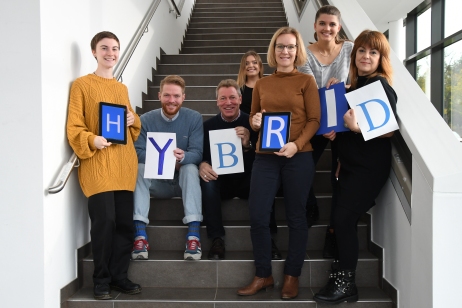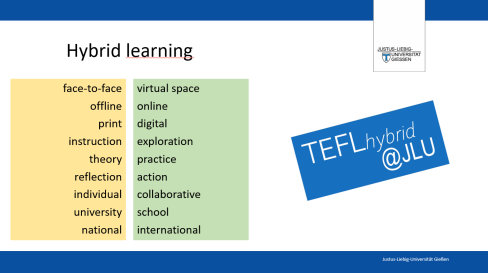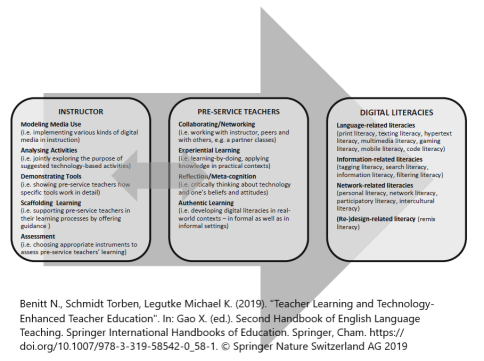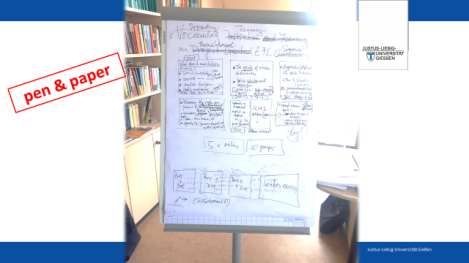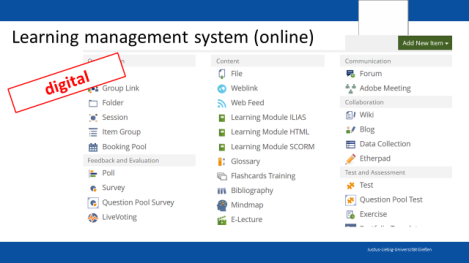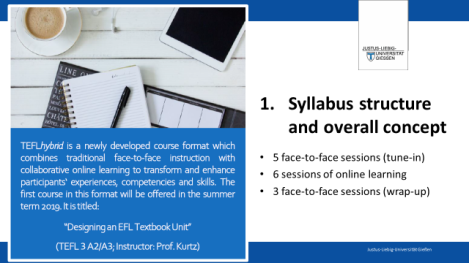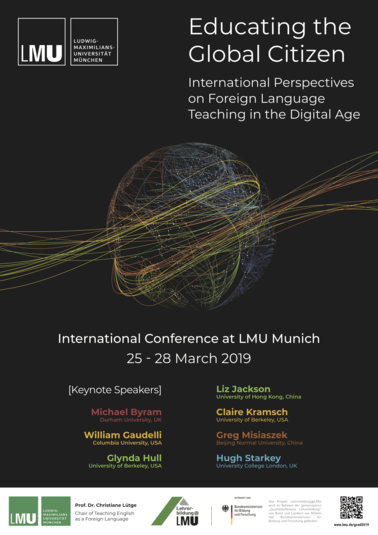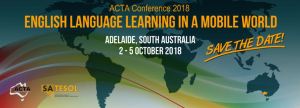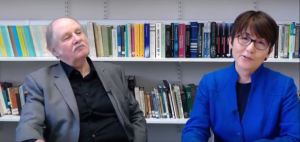posted by Jürgen Kurtz, Justus Liebig University (JLU) Giessen, Germany
Due to the Covid-19 pandemic, we have been forced to create and deliver virtual, online-only courses in our pre-service EFL teacher education program at JLU Giessen. Most of my colleagues in the English Department decided to adopt a synchronous approach to course delivery, using videoconfercing platforms or video chats to promote synchronous online learning. I chose to explore a different approach – one that seeks to promote learning, understanding and professional growth through asynchronous written online interaction in a research-informed, experience-based, task-driven, and inquiry-oriented instructional enironment. So, rather than talking to and interacting with students live and in-person in a computer-mediated setting, I made weekly reflective reading, viewing, and writing assignments available through the university’s learning management systems (StudIP, ILIAS). I also posted specific discussion forum prompts, a) to enhance the exchange of personal knowledge and experience between participants, and b) to provide professional support, expertise, and personal encouragment when needed. The course concept as a whole places particular emphasis on the gradual transformation of participants’ developing EFL teacher identities and their professional expertise, rather than on the mere transmission of teaching knowledge and skills in its traditional sense (lecturing).
In this year’s summer term (which has come to an end recently) I conducted the following four courses for advanced TEFL students in the asychnronous, written format outlined above:
- Communicative Language Teaching – The State of the Art
- Experience-based Learning in Projects
- Evaluating and Producing EFL Textbook Units
- Fostering Language and Culture Education in the EFL Classroom
In view of the largely positive student evaluation of these four courses, I would like to pursue this teaching project a little further; this time, however, inviting everyone interested to participate in a global professional exchange project on this blog. Everyone (scholars, practitioners, student teachers, etc.) sincerely interested in contributing to the development of the following asynchronous TEFL course (work in progress, the course will be held in the next winter term in Germany; extending from Nov 1, 2020 to Feb 17, 2021) is kindly invited and welcome to participate:
Enhancing Fluency through Creative Practice in the EFL Classroom
Course Description
Current research indicates that fluency is a neglected component of instruction and learning in the EFL classroom. This raises a number of issues and questions: (a) what does fluency mean, and what does it mean to EFL teachers and learners? (b) how familiar are teachers with research findings in foreign language fluency? (c) how confident are teachers in promoting fluency in class? (d) how do they actually go about promoting fluency in the classroom? (e) what practices and formats of interaction are most likely to contribute to fluency development in the EFL classroom? In this course, participants will gain a detailed understanding of fluency and systematic fluency development in various EFL classroom settings. Special emphasis will be given to fostering productive and receptive oral fluency through creative practice and improvisation at the secondary school level.
Due to the ongoing Covid-19 pandemic, this course will be conducted in an asynchronous, computer-mediated virtual format only. Since asynchronous online courses are not conducted live and in-person, participants are not required to be logged in at the same time as everyone else, for instance, to attend virtual lectures or participate in video conferences and chat sessions. Instead, the instructor will distribute coursework through a virtual course and learning management system (usually at the beginning of each week). Participants can then complete the provided writing assignments and reflection tasks at their own paces, adhering to the deadlines requested by the instructor (usually at the end of each week). This means that they can log on whenever they want, completing as little or as much coursework as they would like during each weekly block of learning time. The workload (in terms of active course participation, library work, preparation and thorough reflection of each session) will be comparable to that of a regular face-to-face course.
Prerequisites
Successful completion of introductory module TEFL 1 (introductory lecture, tutorial, introductory course on one particular aspect of learning and teaching in the EFL classroom) and TEFL 2 (intermediate-level course on a different aspect of learning and teaching English as a foreign language, completed internship)
Credits
Ungraded: regular attendance, active participation in virtual discussion forum, weekly written reflection on learning progress in personal learning journal
Graded: in addition to the above, a written exam
Session #1
Interested? Excellent. Please stay tuned …


